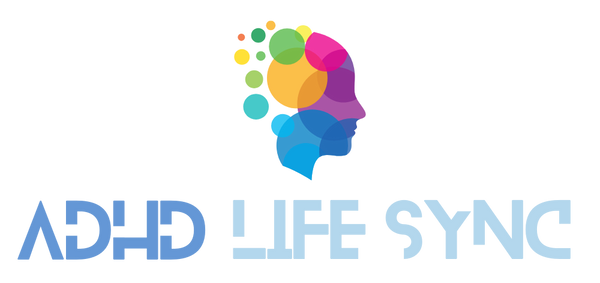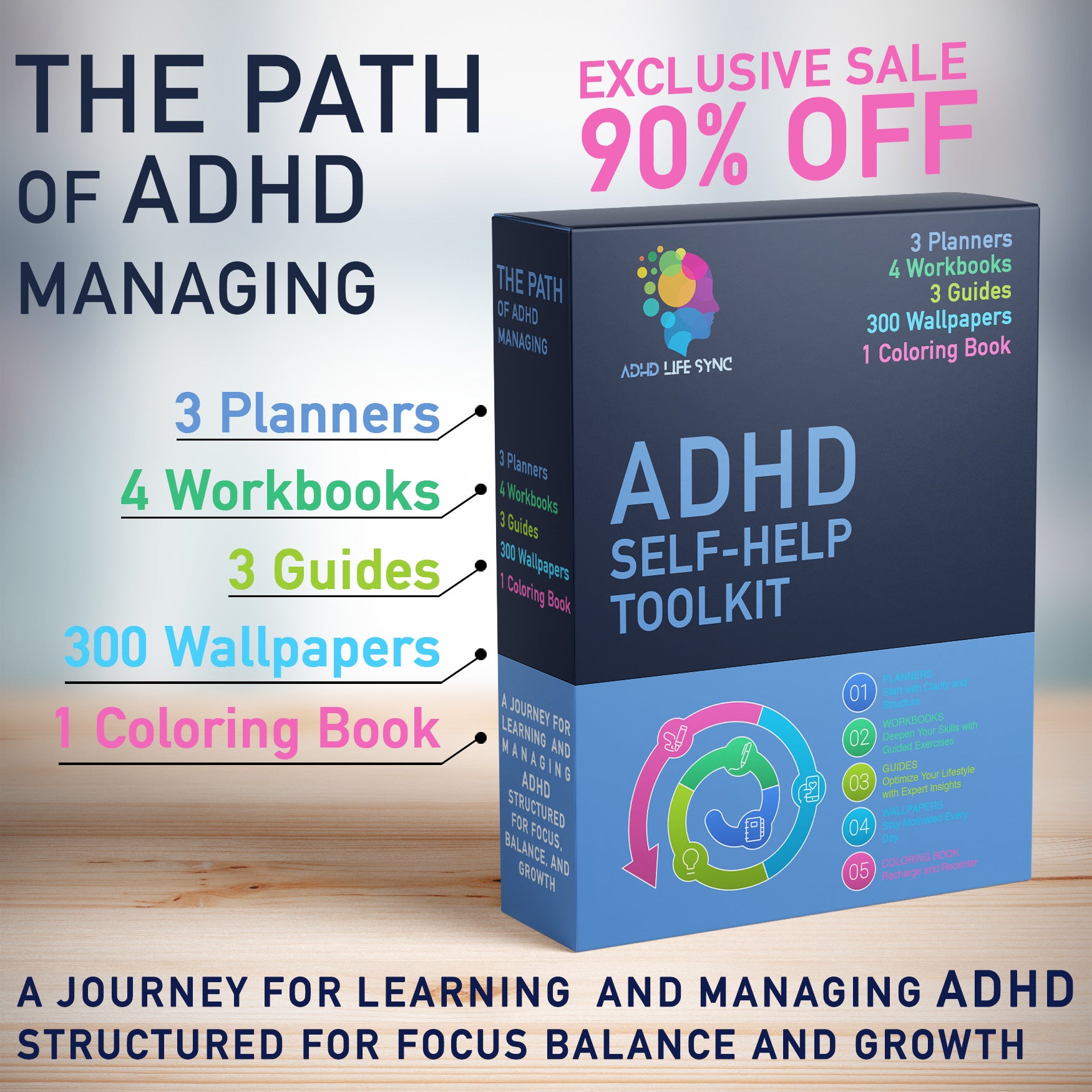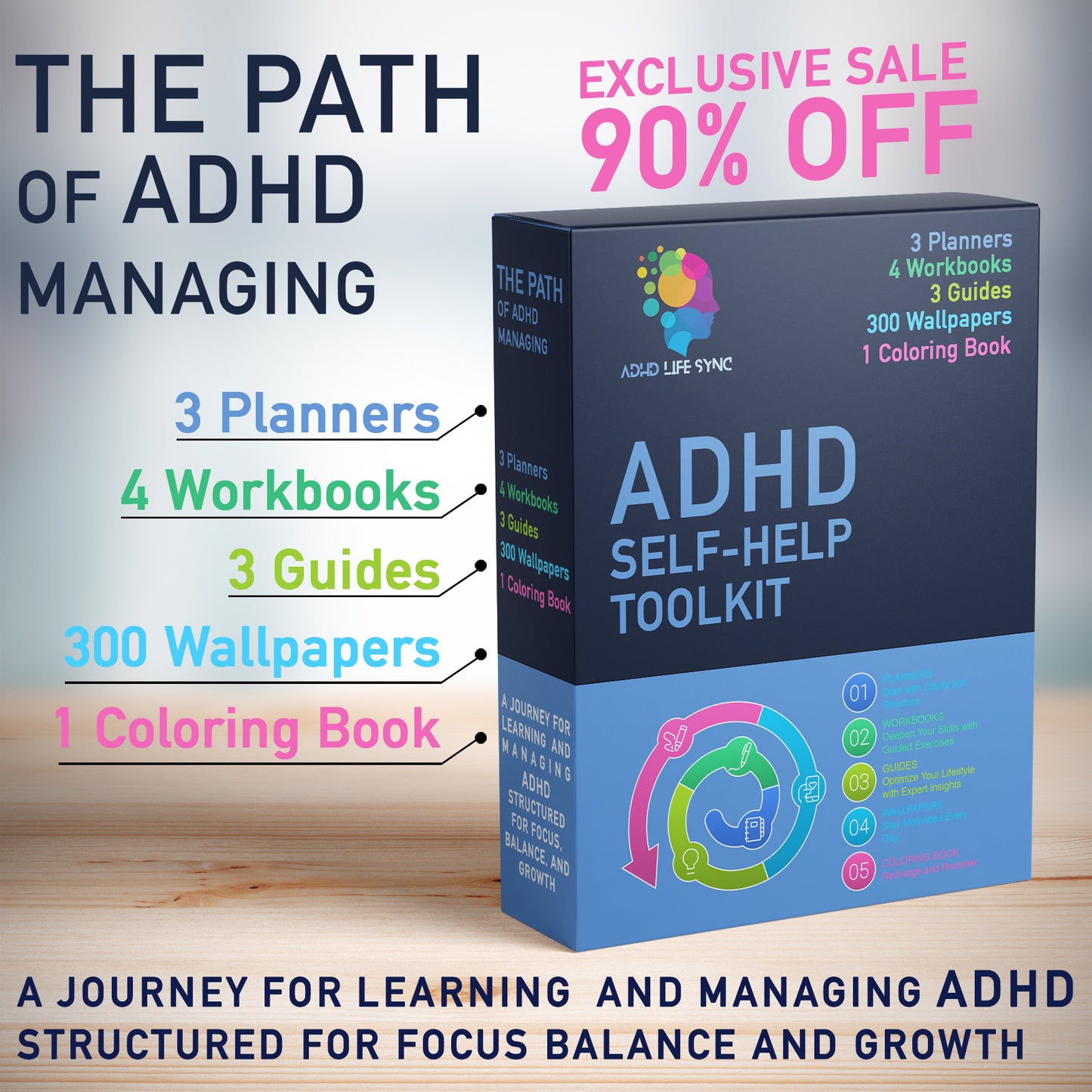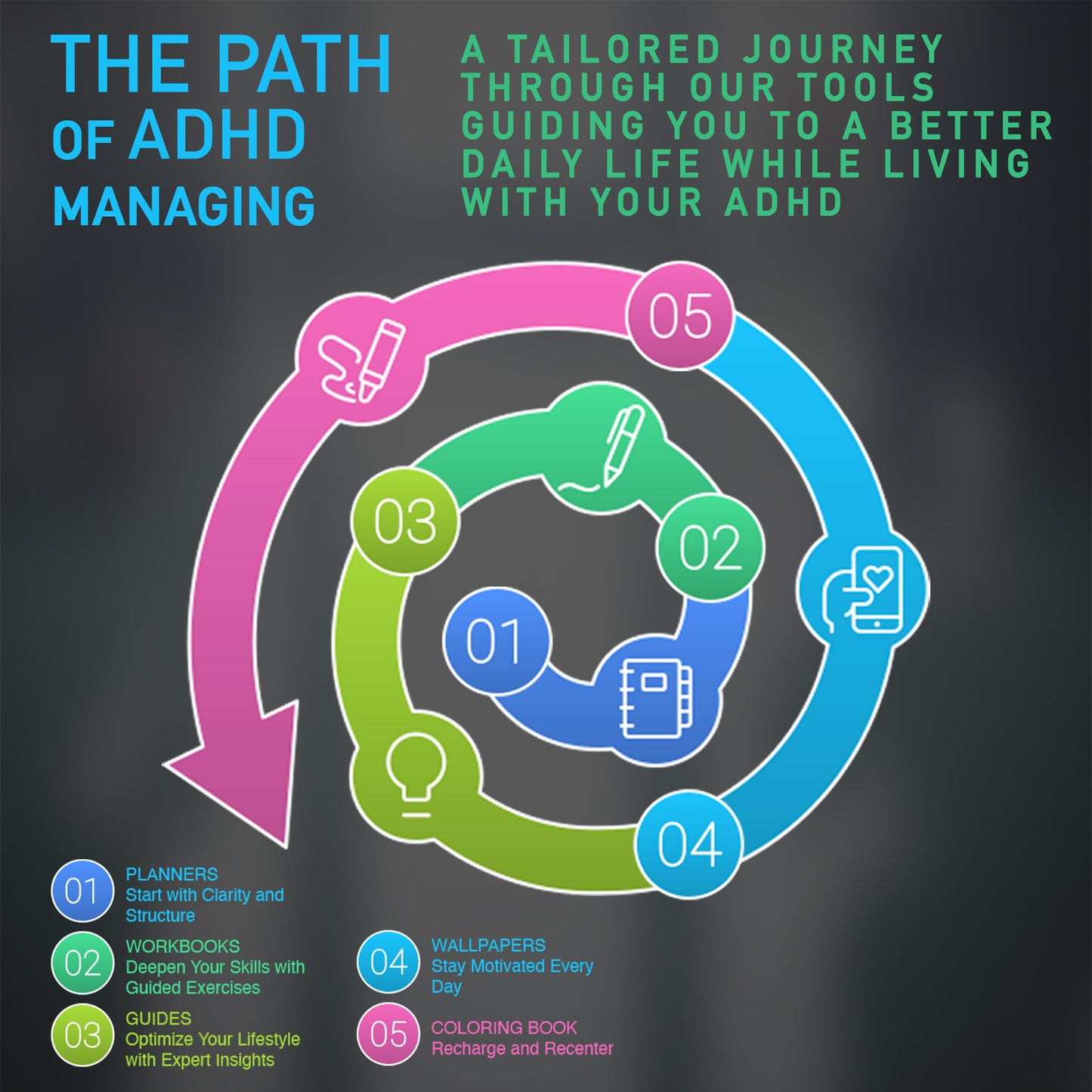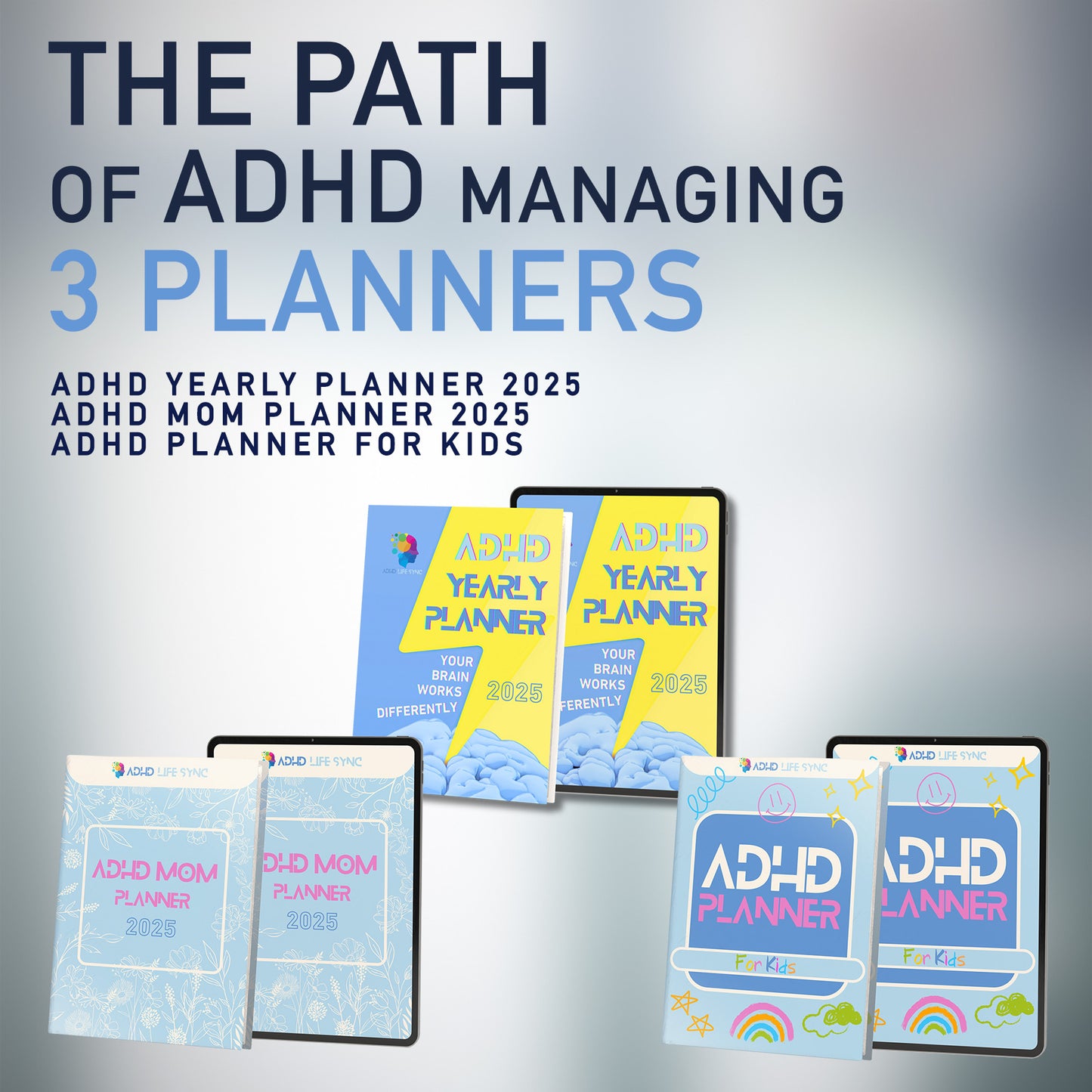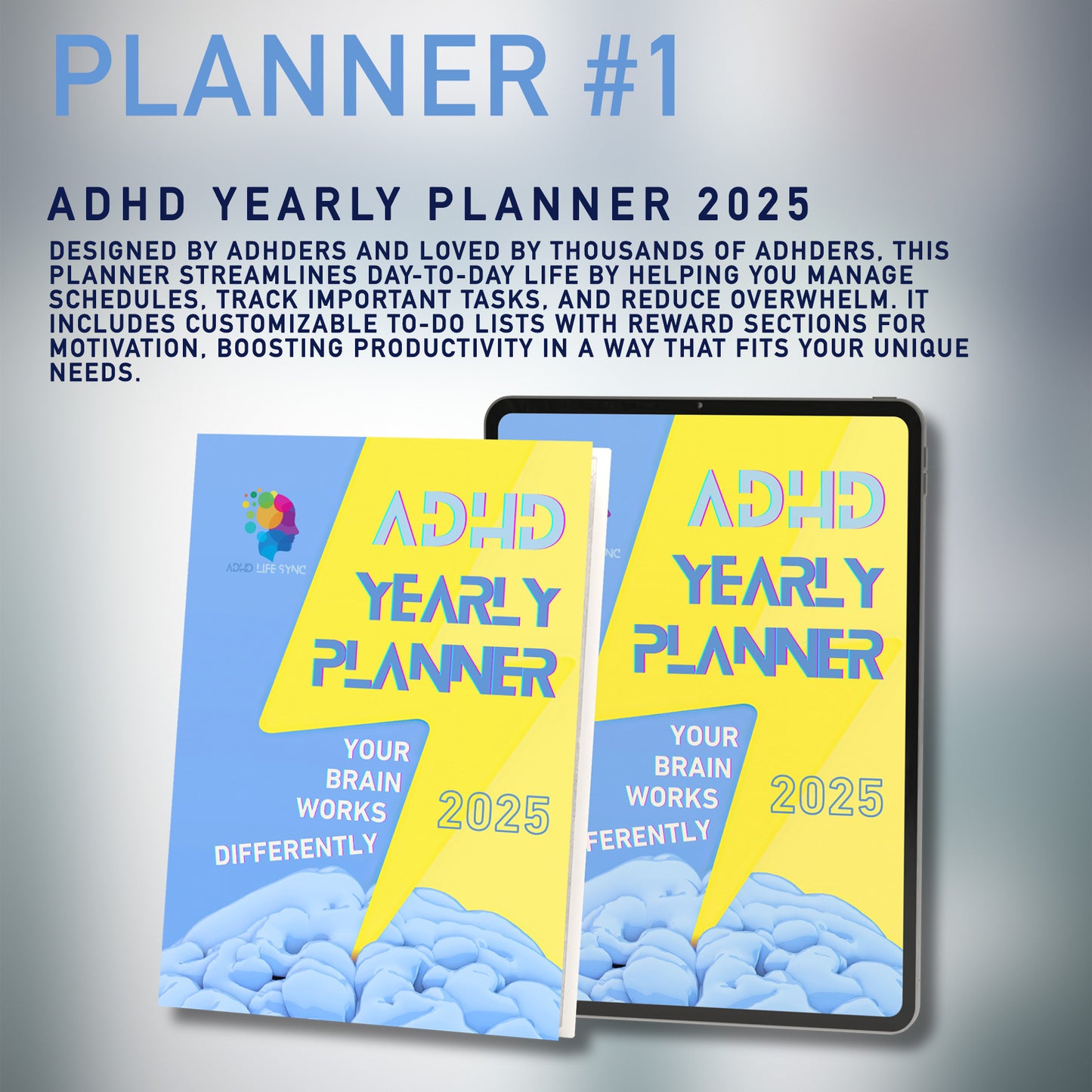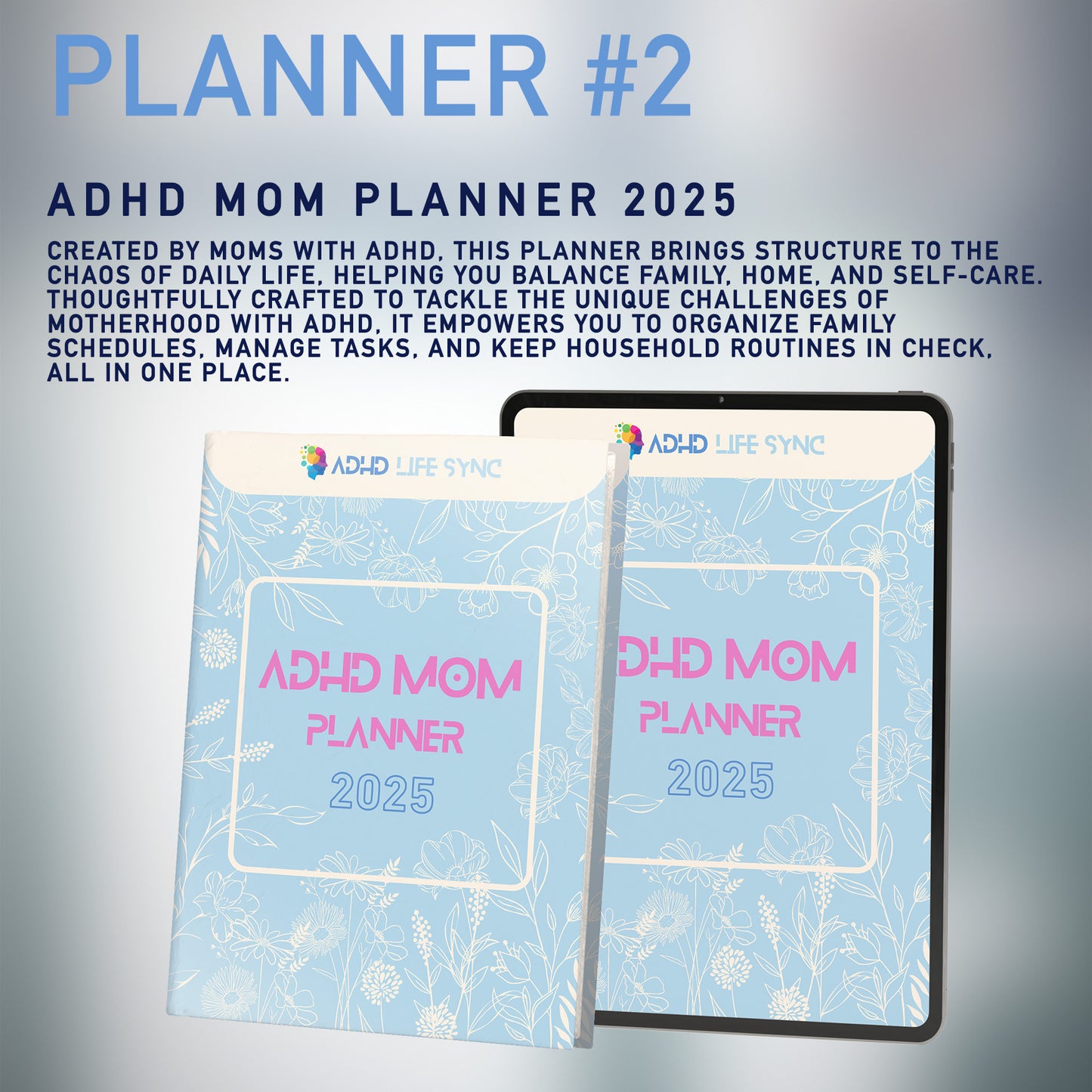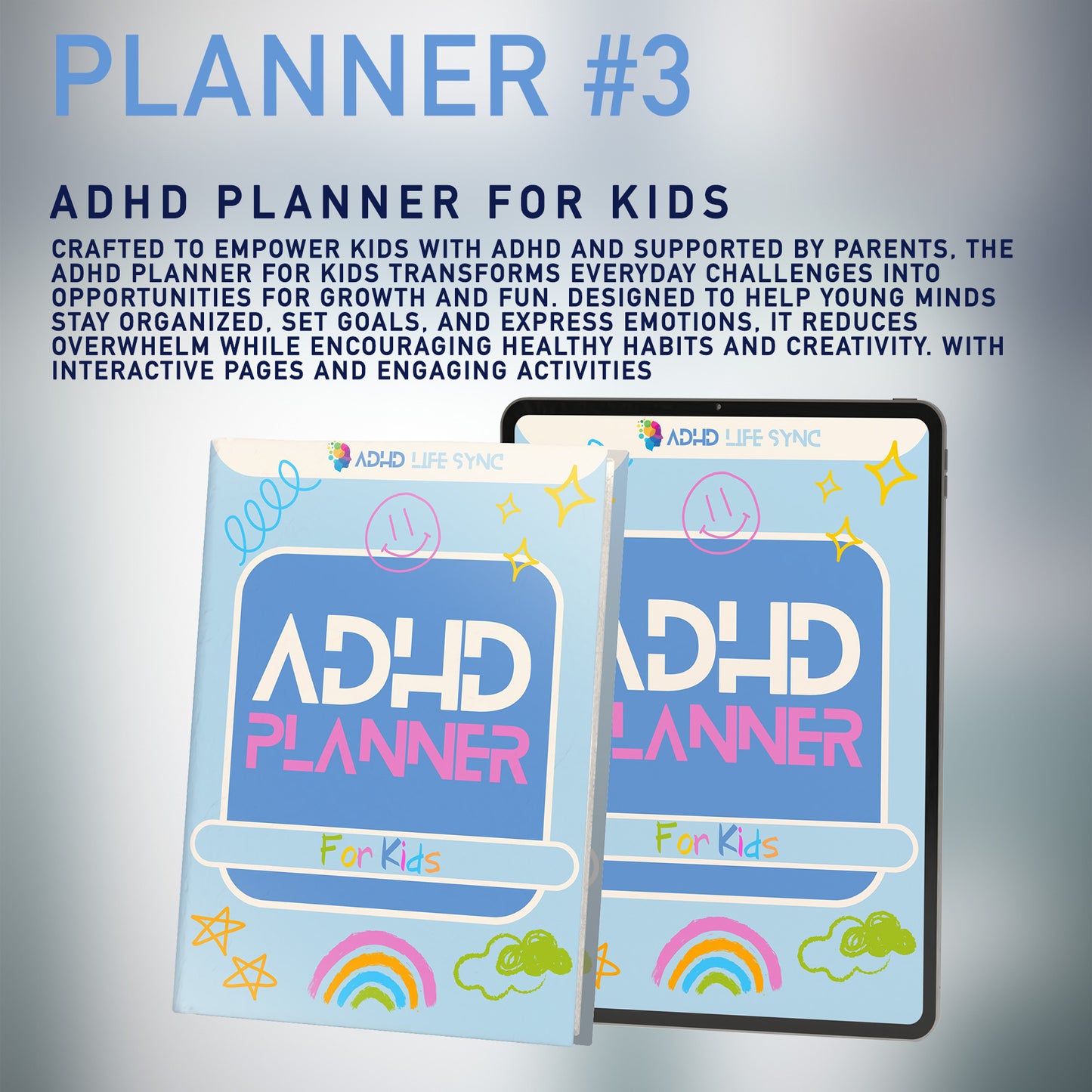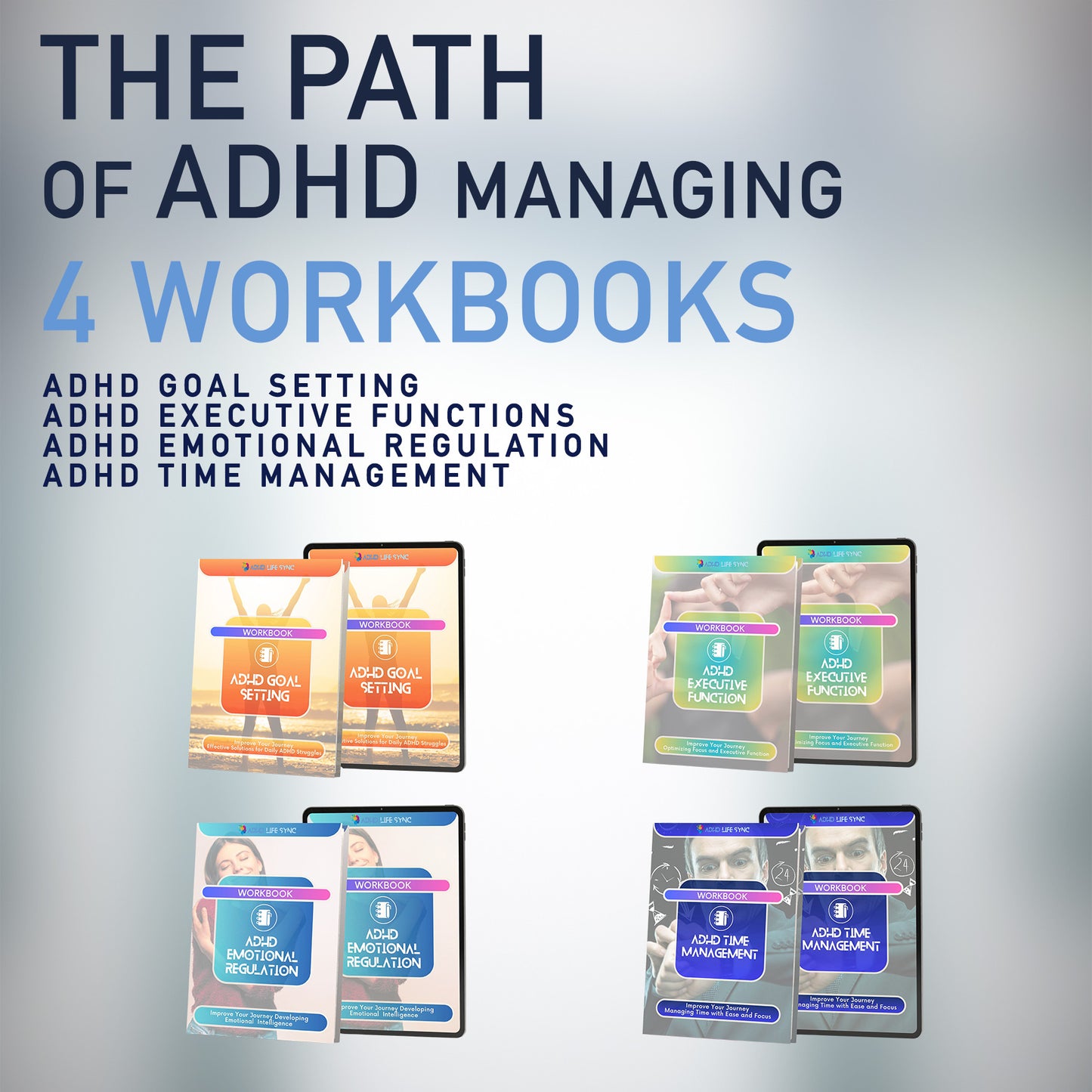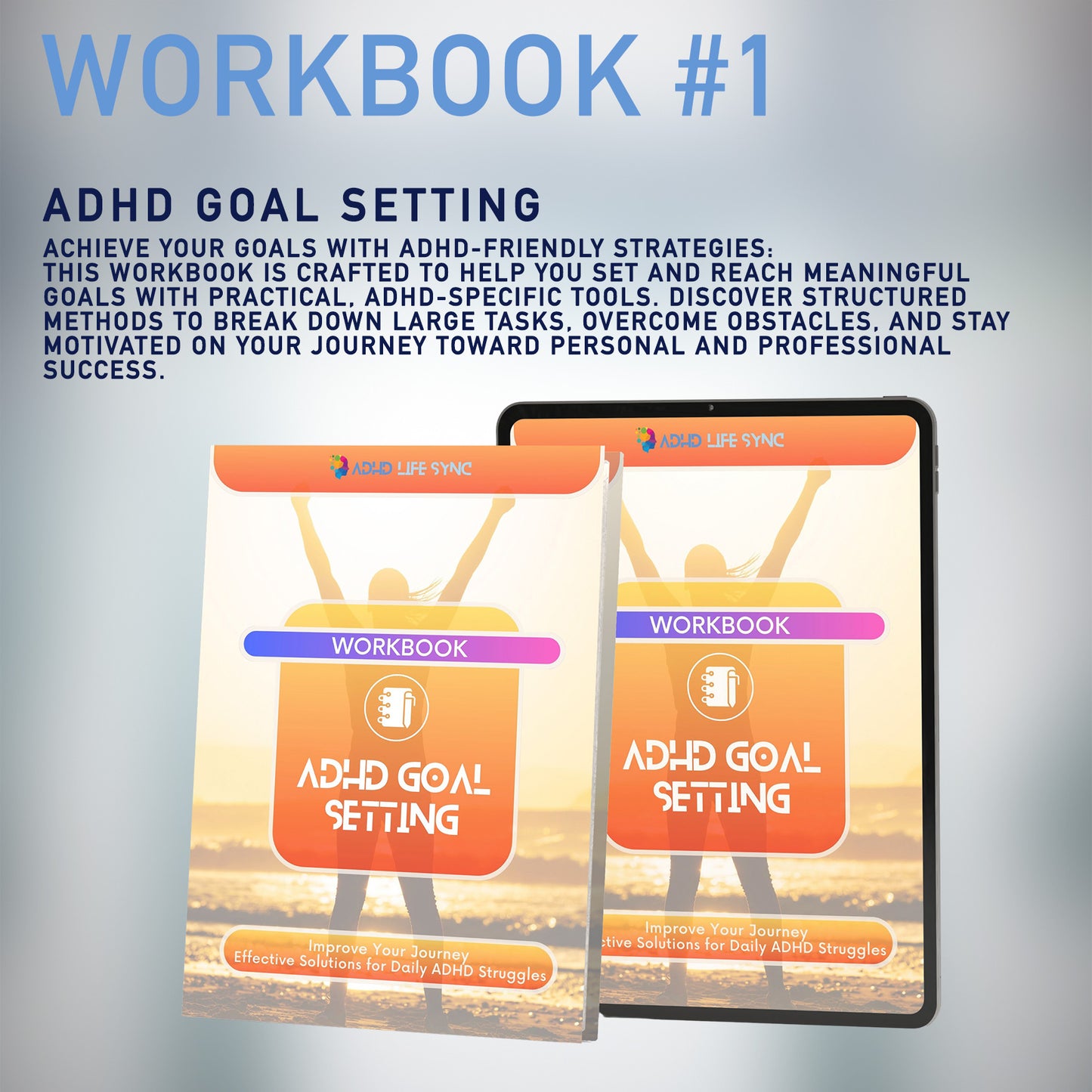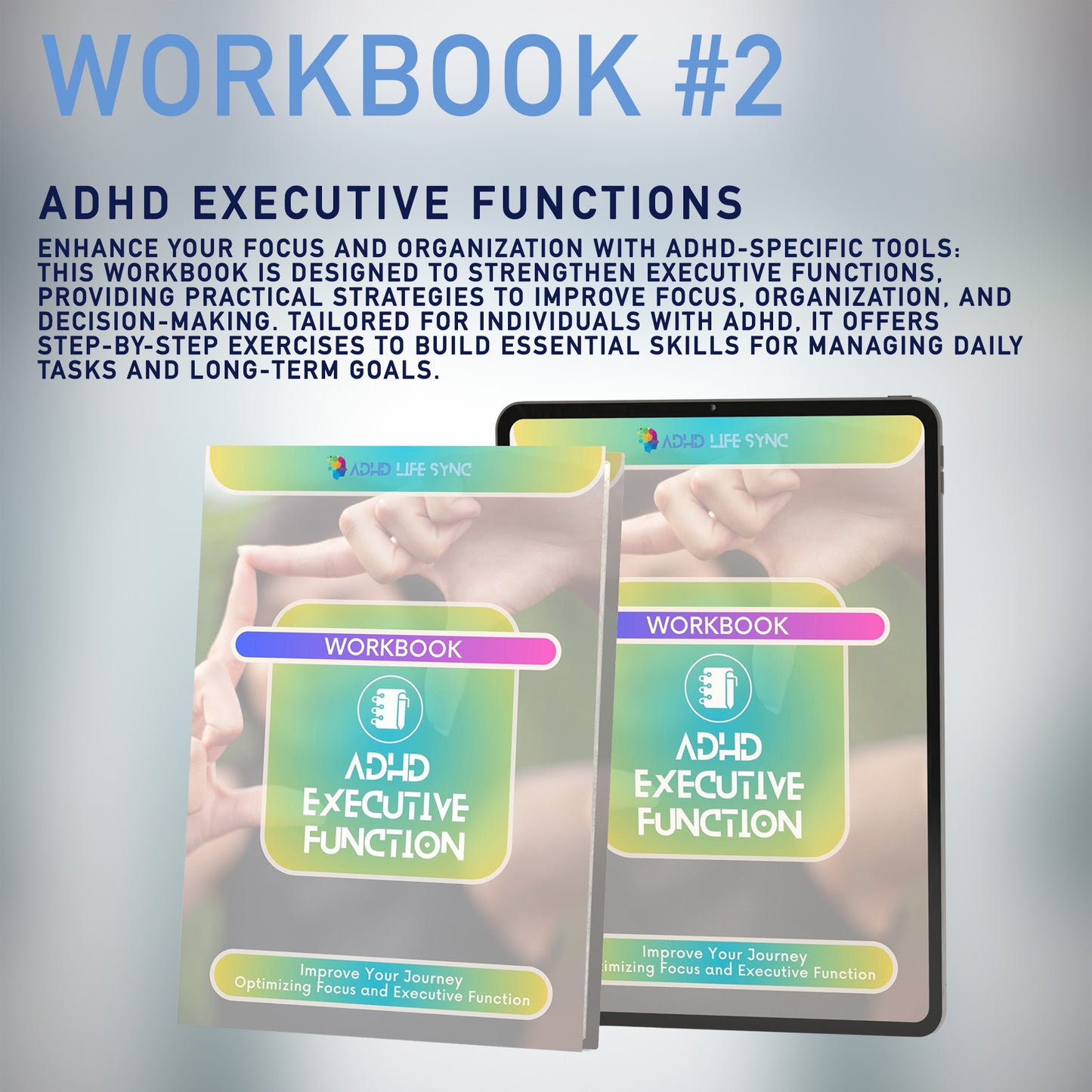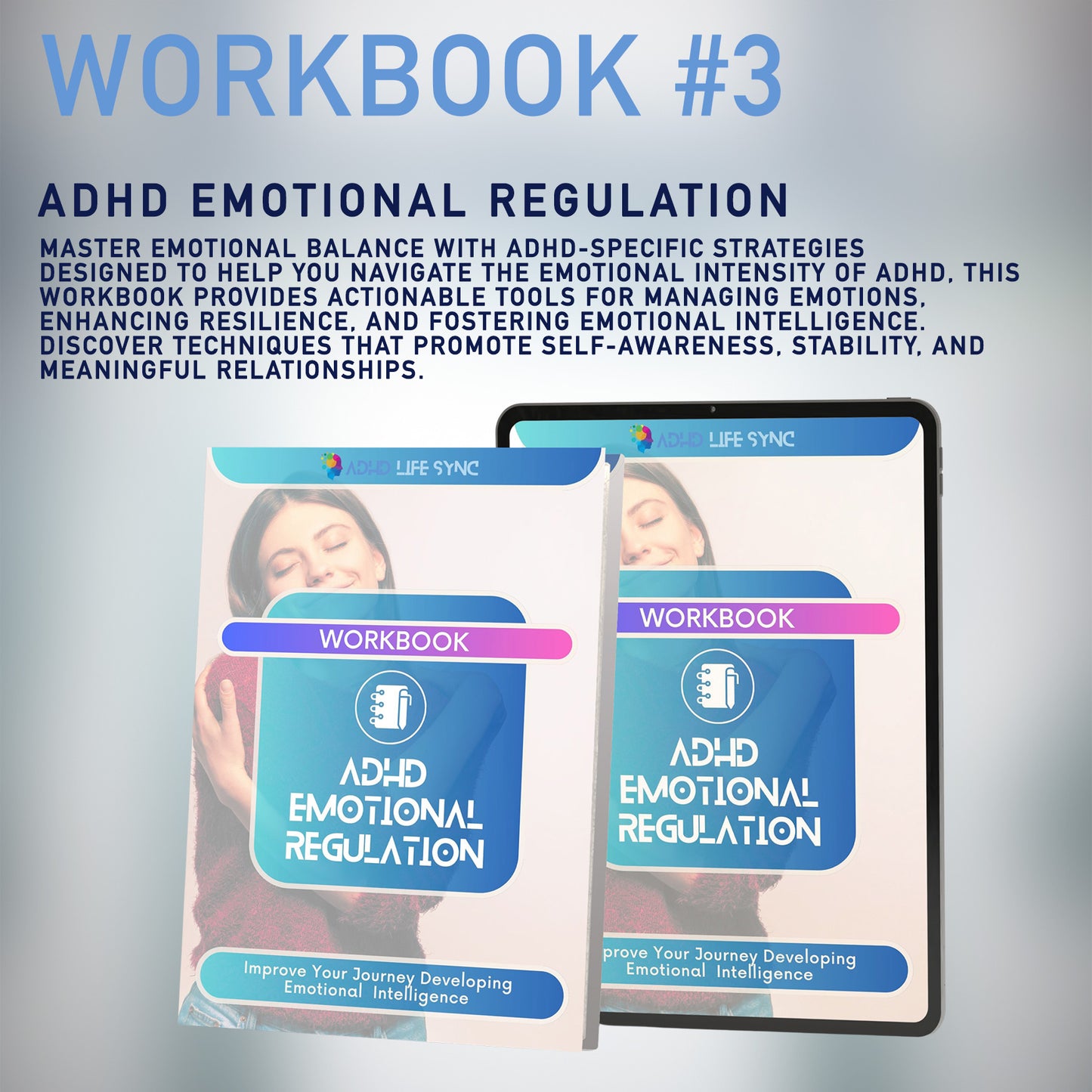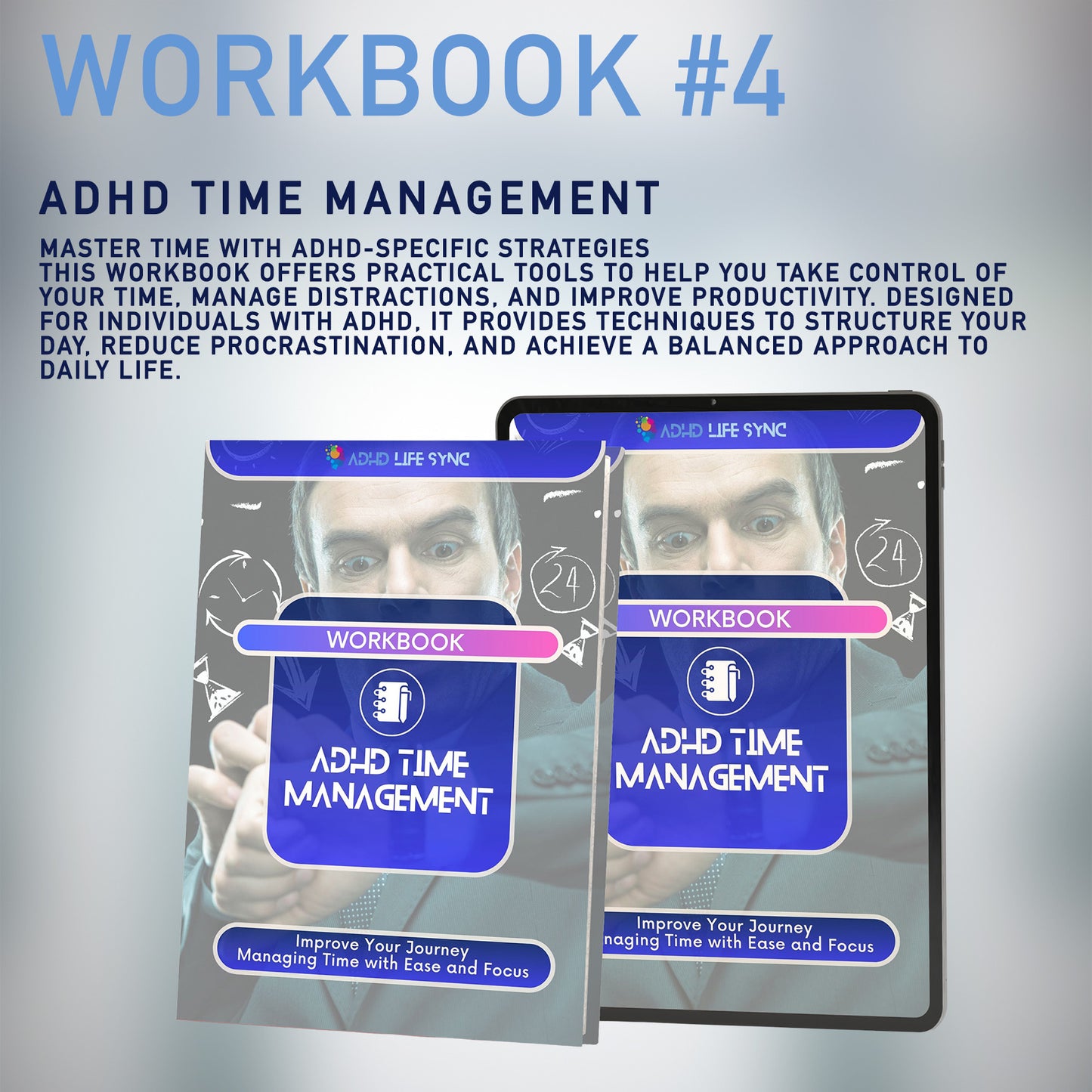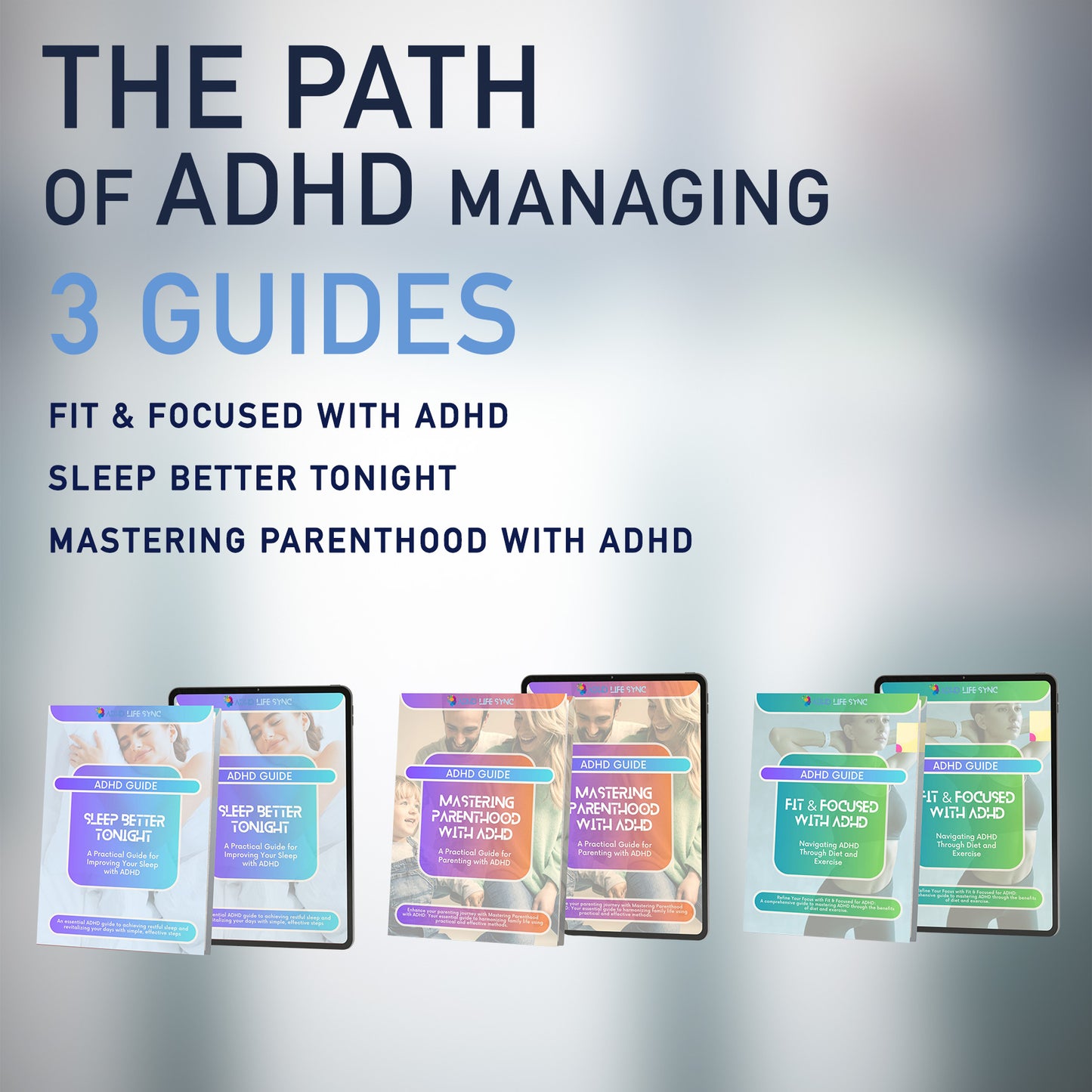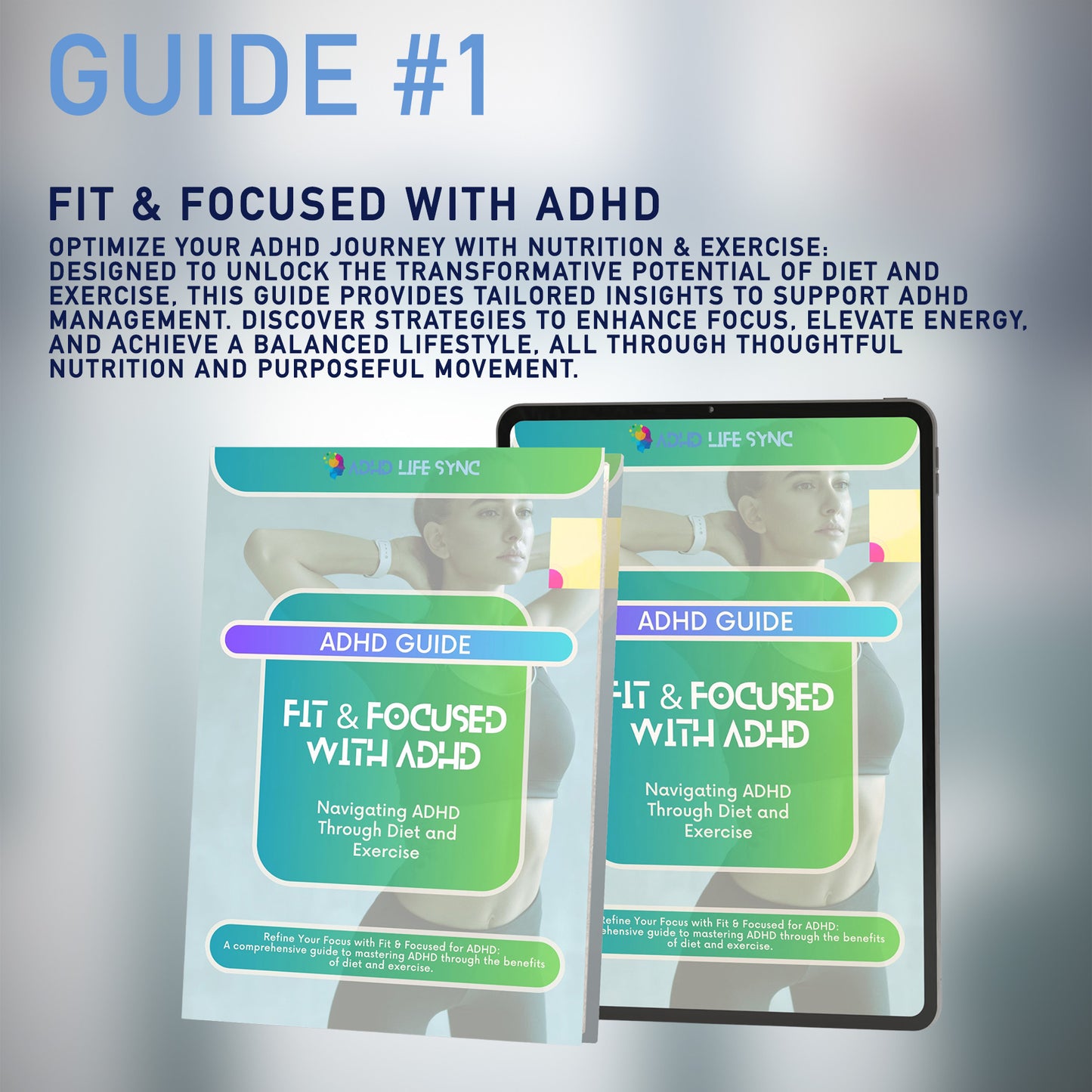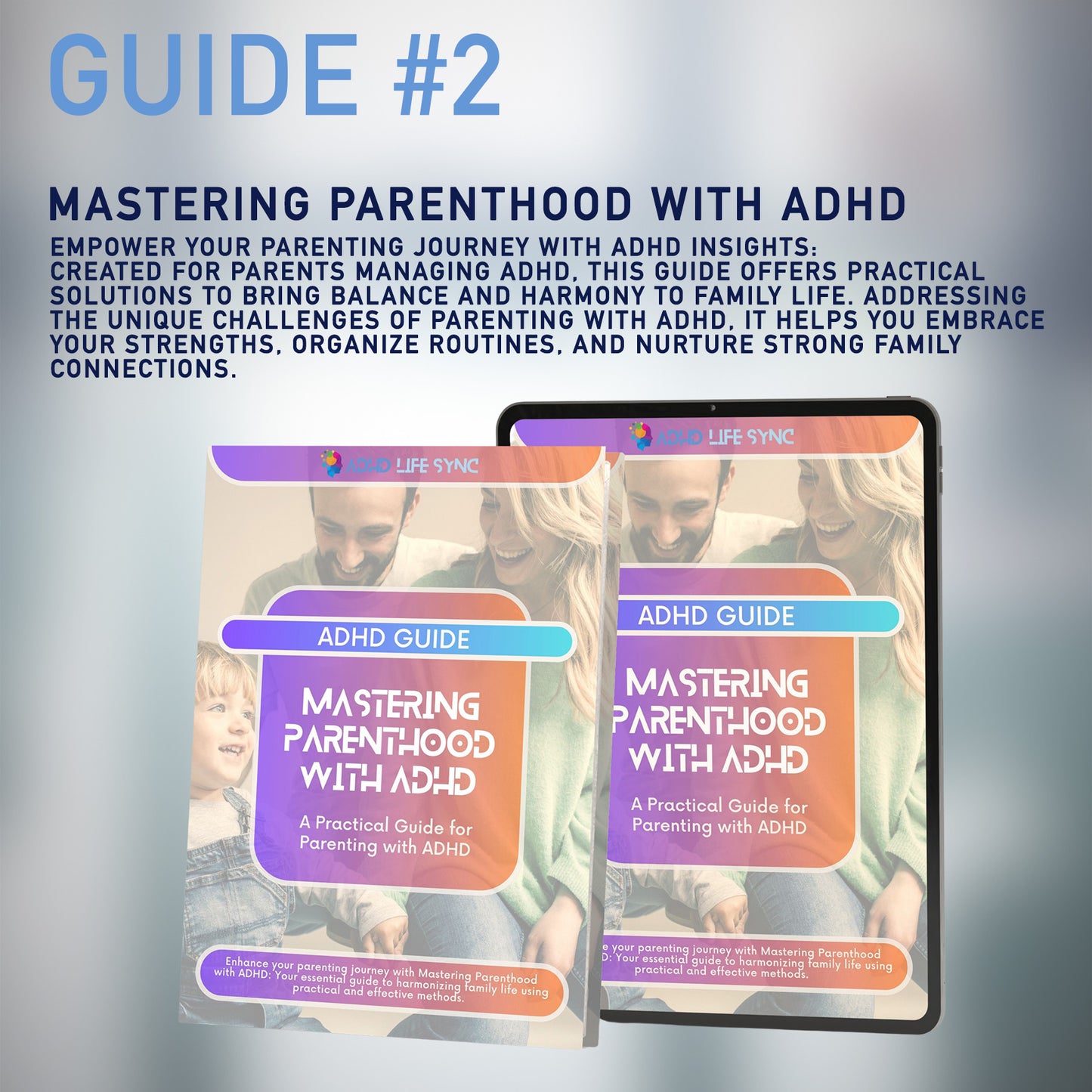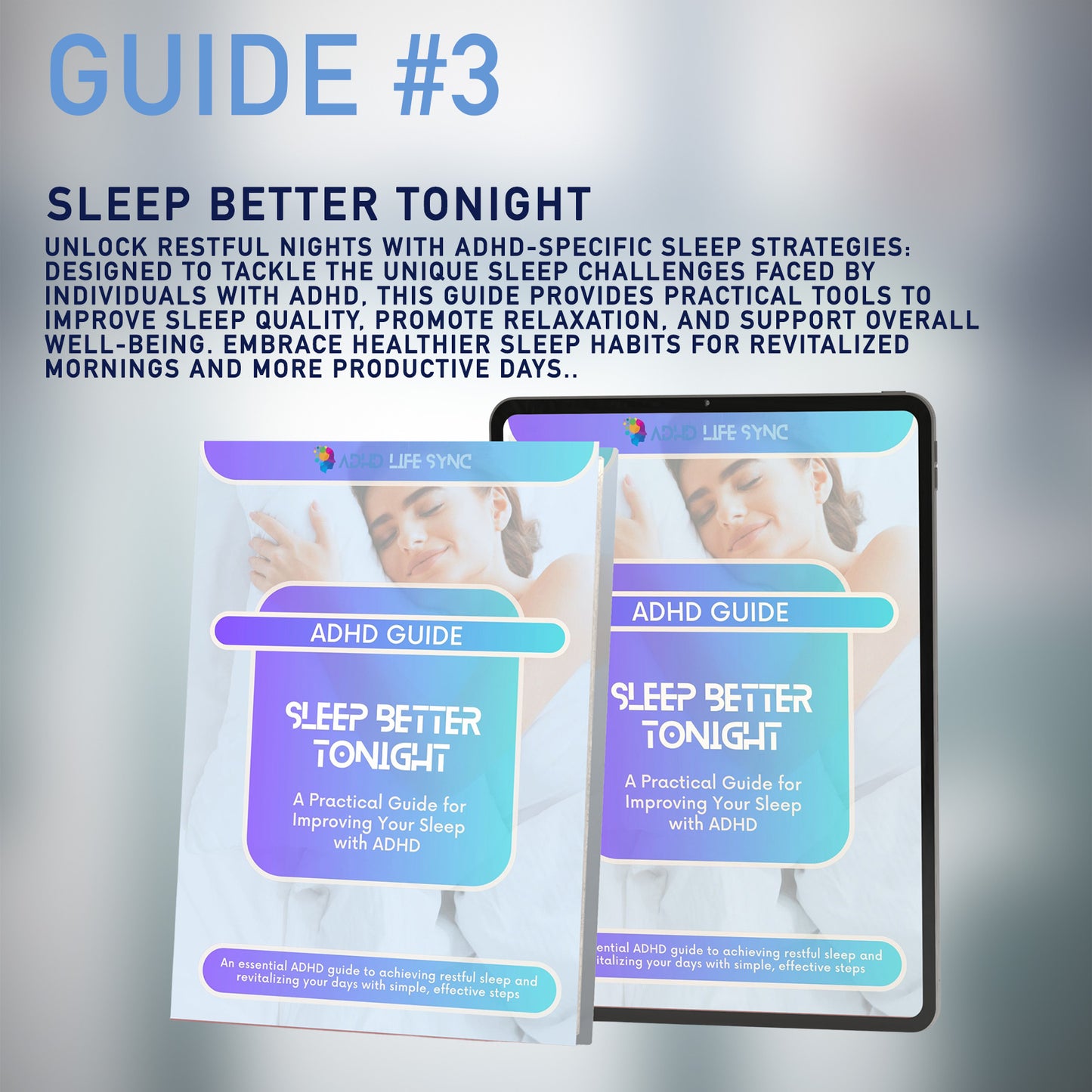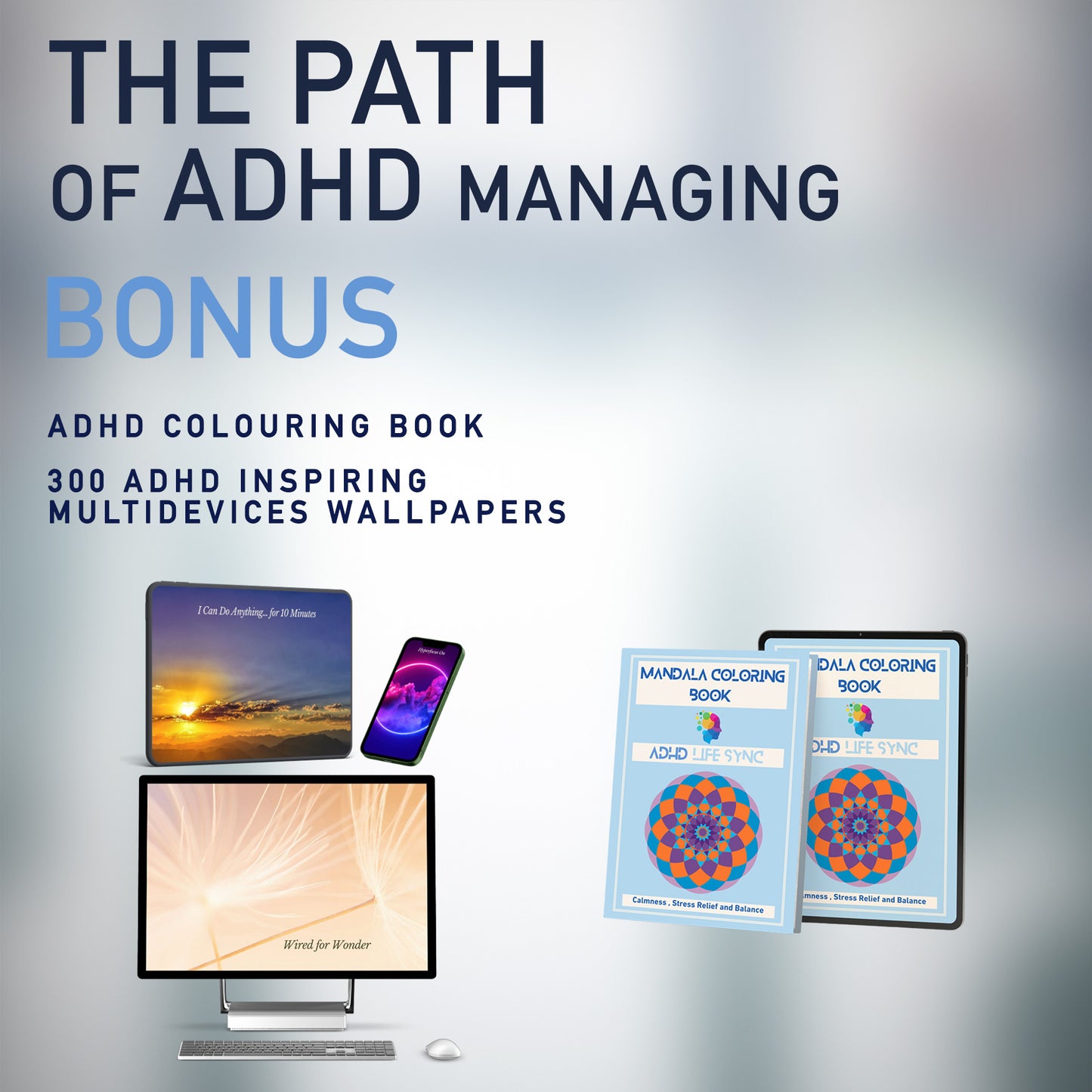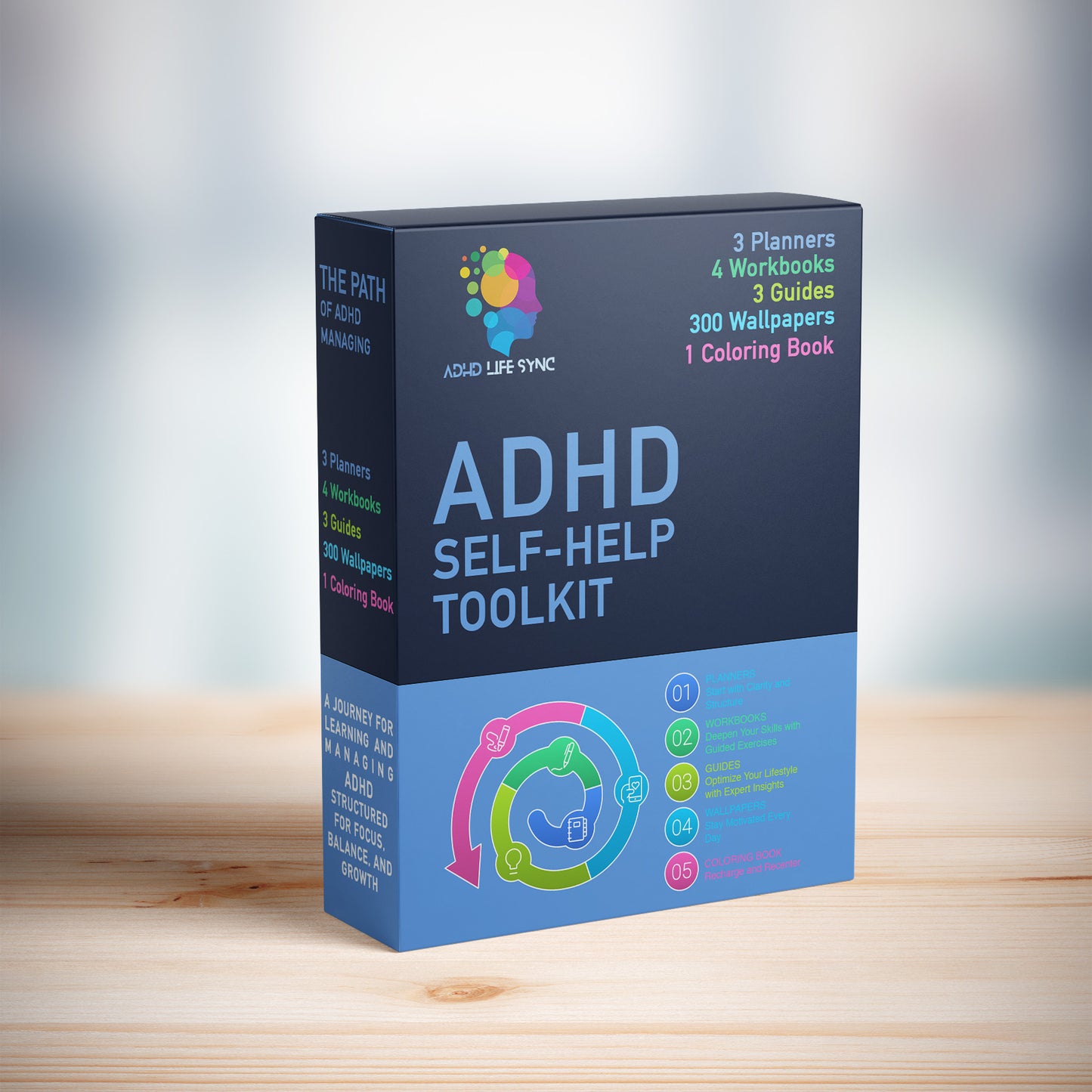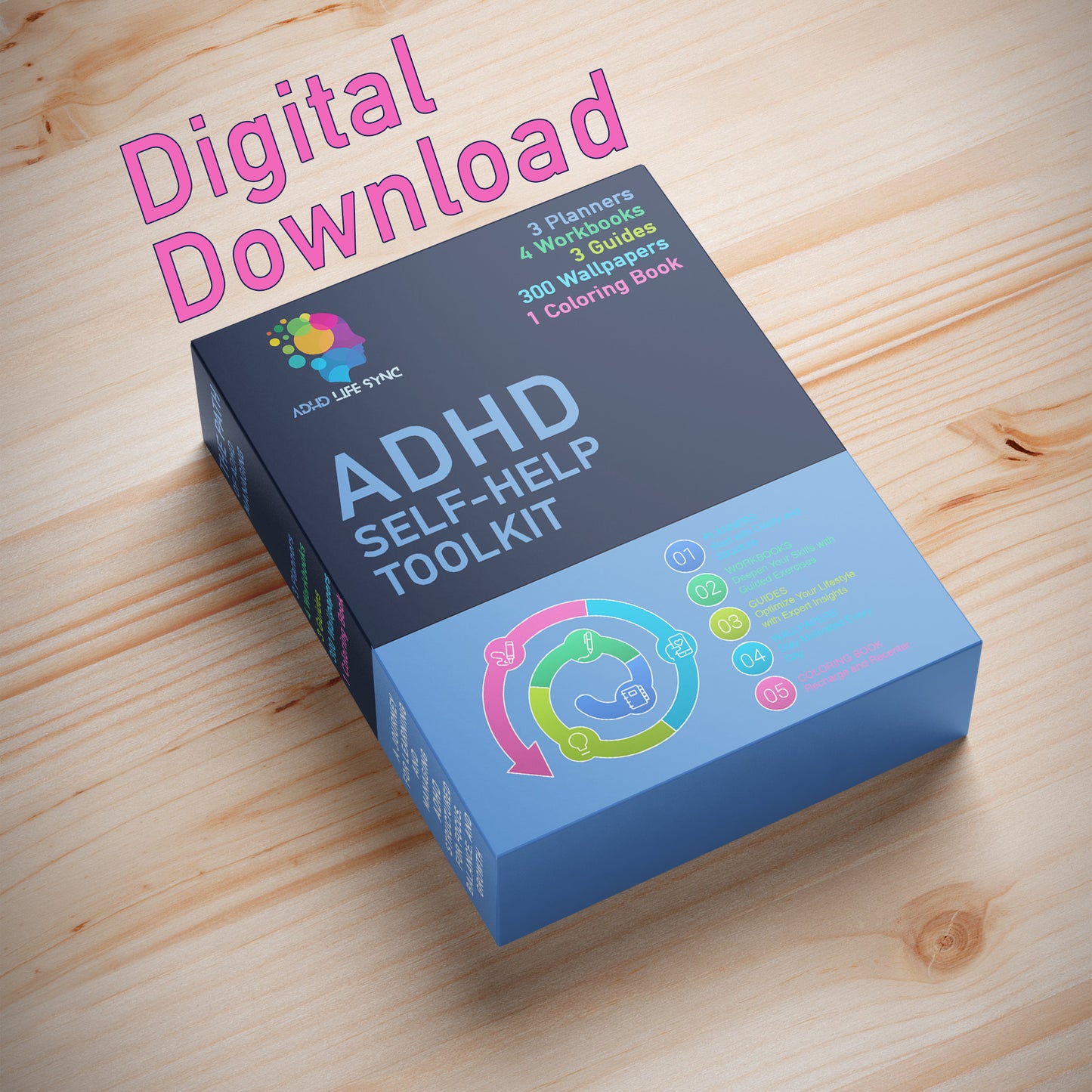
ADHD and Decision Making: Navigating Cognitive Challenges
Exploring the Decision-Making Process
Individuals with ADHD often face unique challenges when it comes to decision making, influenced by difficulties in cognitive control and executive function. These challenges can significantly impact both the analytic and affective components of making decisions, making daily choices more daunting than they are for others.
Research has shown that impairments in tasks that require considerable cognitive control persist in individuals with ADHD, even when medicated. These findings underscore the critical role of executive functions, primarily mediated by the prefrontal cortex, in the decision-making process. Recognizing and understanding these impairments is crucial for individuals with ADHD as they navigate their decision-making processes.
Strategies for Enhanced Decision Making
Improving decision-making skills in individuals with ADHD involves several practical strategies:
- Break Down Decisions: Dividing decisions into smaller, more manageable steps can help reduce the overwhelm and increase clarity.
- Practice Mindfulness: Engaging in mindfulness exercises can improve focus and attention, aiding in more thoughtful decision making.
- Utilize Cognitive-Behavioral Techniques: These strategies can help enhance self-regulation, leading to better control over impulsive decisions.
Implementing these strategies within the structure of a daily planner can be particularly effective:
- Real-world Priorities: Utilizing this section of a planner can help individuals with ADHD prioritize decisions based on their real-world impacts.
- Goal Tracker: Monitoring decisions and their outcomes can provide valuable feedback, helping to refine decision-making skills over time.
Further Resources and Research
For those looking to delve deeper into the intricacies of decision making within the context of ADHD, resources such as academic articles and studies are invaluable. Exploring the research, such as studies on "Effort-Related Decision-Making in ADHD," can provide deeper insights and more nuanced strategies tailored to the challenges faced by those with ADHD.
By integrating structured strategies with insights gained from ongoing research, individuals with ADHD can develop more deliberate and effective decision-making patterns, leading to improved outcomes in both personal and professional spheres.
